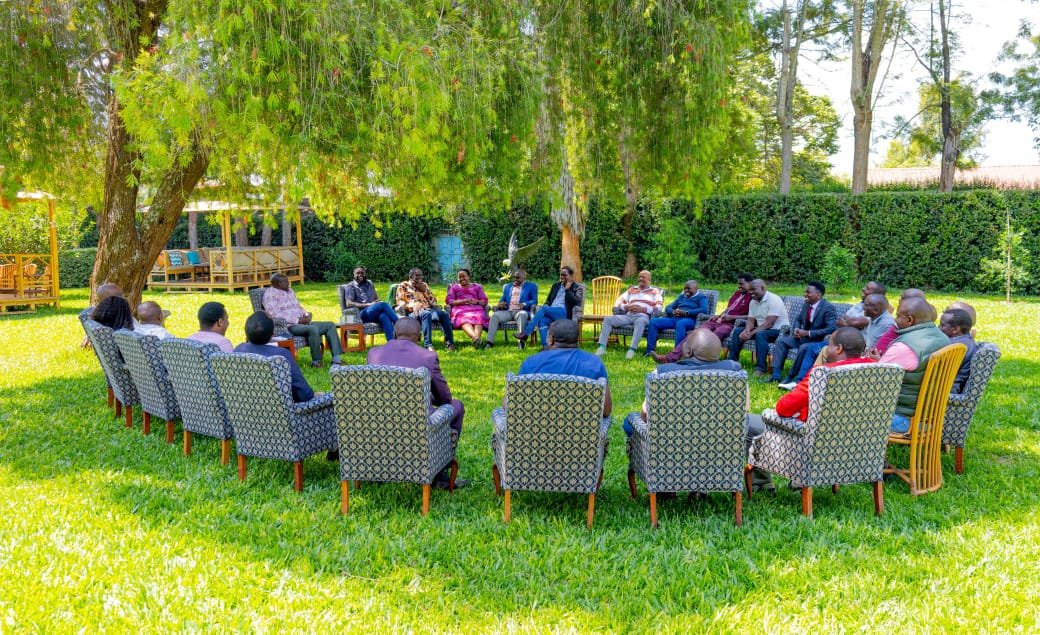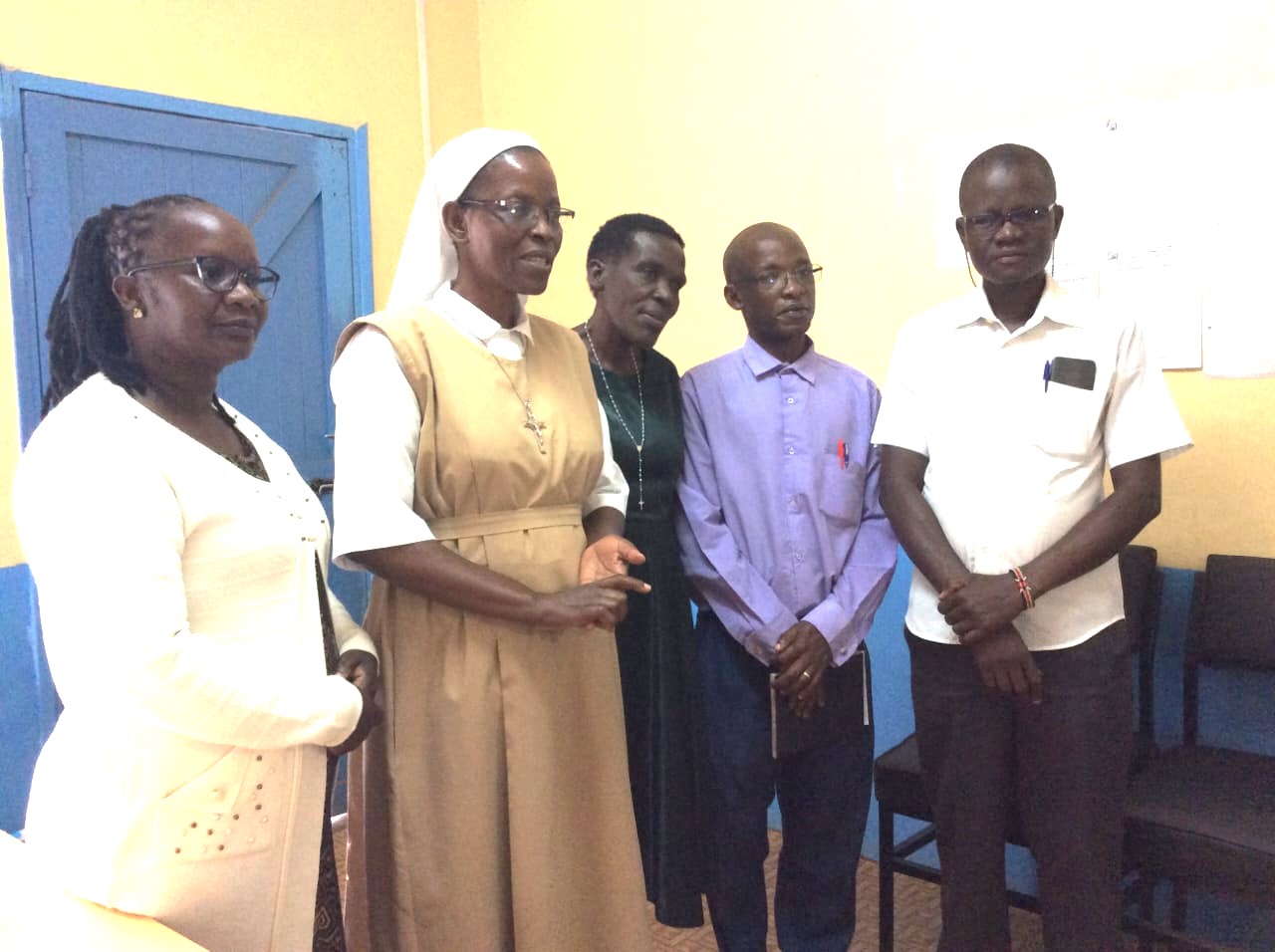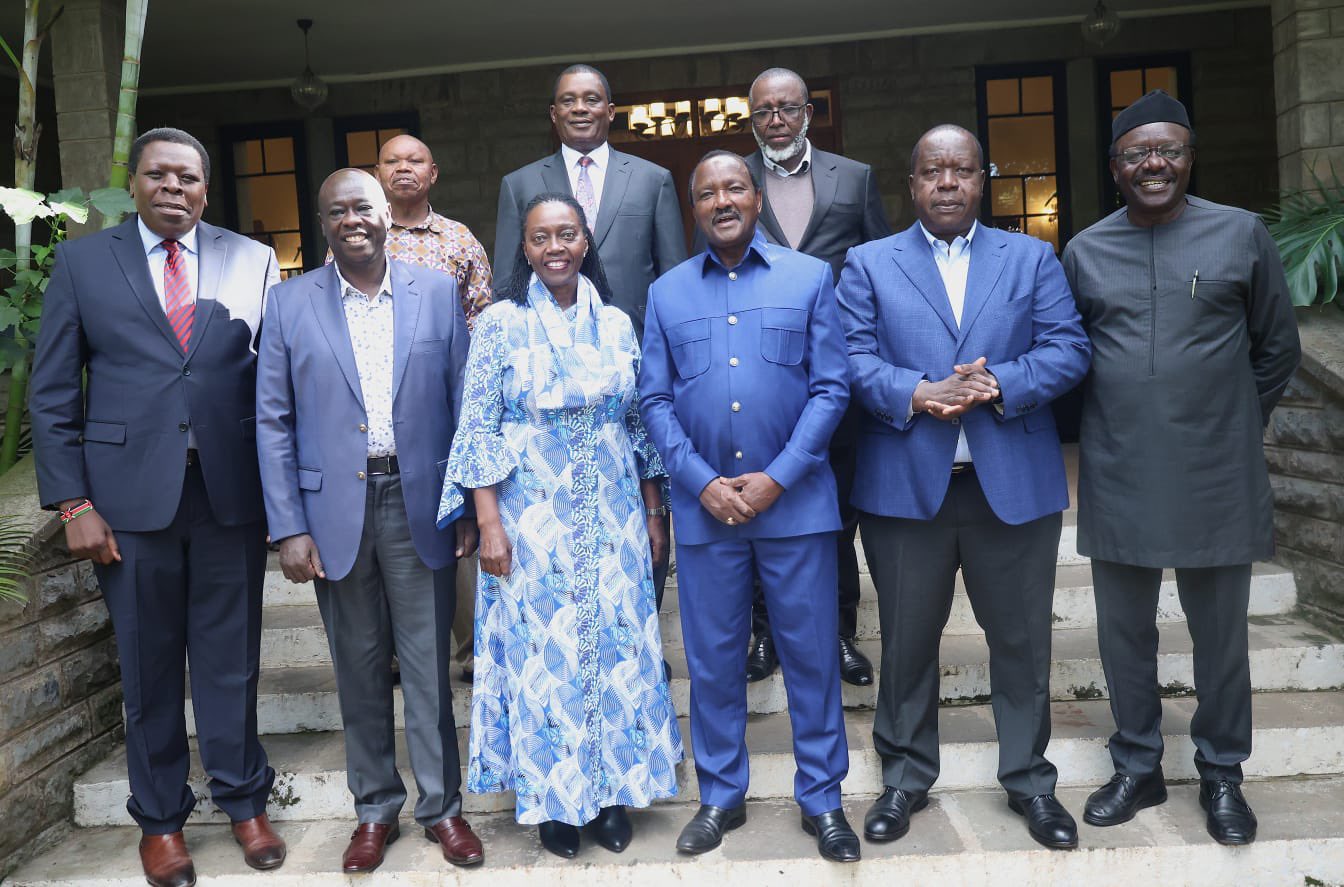Former Deputy President Rigathi Gachagua has inflamed the debate by alleging that Mandera is under al-Shabaab’s influence and claiming that President William Ruto held secret meetings with the extremist group. Although Gachagua later clarified that his remarks targeted the president, not Mandera’s residents, the allegations have sparked a firestorm. Reports indicate that Washington is closely monitoring Nairobi over potential extremist links, adding international scrutiny to Kenya’s leadership
TWV Team
As Kenya approaches the 2027 General Election, Mount Kenya’s political landscape is shifting. Former President Uhuru Kenyatta and former Deputy President Rigathi Gachagua, both regional heavyweights, are positioning themselves to shape the presidential race.
While the two share a common interest, that of limiting President William Ruto to a single term, their strategies and preferred candidates appear to be setting them on a collision course. Uhuru Kenyatta, who remains the de facto leader of the Jubilee Party, is constitutionally barred from seeking the presidency again. However, his political influence endures, particularly through his control of party machinery and his determination to reposition Jubilee as the dominant force in Mount Kenya.
Sources within the party reveal that Uhuru intends to elevate former Interior Cabinet Secretary Fred Matiangi to the leadership of Jubilee at the forthcoming Delegates Conference, with a view to endorsing him as the party’s presidential candidate.
On the other hand, Rigathi Gachagua, the leader of the Democratic Conservative Party (DCP), faces an uncertain future. His eligibility to contest in 2027 hinges on the outcome of an ongoing court case linked to his impeachment. Even so, Gachagua has shown interest in supporting Kalonzo Musyoka, a move that could split the opposition’s chances of uniting behind a single formidable candidate.
Political analysts note that the divergent preferences of the two leaders risk fragmenting the opposition vote in Mount Kenya, which commands over five million voters. If Jubilee consolidates its strength under Matiangi, the DCP could be reduced to a regional outfit centred in Nyeri, as many aspirants may defect to Jubilee in search of a more competitive platform.
The stakes are high for both camps. For Uhuru, reclaiming Jubilee’s lost glory would not only restore his political relevance but also ensure his legacy remains firm. For Gachagua, however, the struggle is existential. Without a united front and with defections looming, his influence could wane, leaving him politically marginalised.
As the clock ticks towards 2027, the rivalry between Uhuru and Gachagua is shaping up to be more than a personal duel. It is a contest that could redefine the balance of power in the opposition and determine whether President Ruto faces a fractured field or a united challenger.





